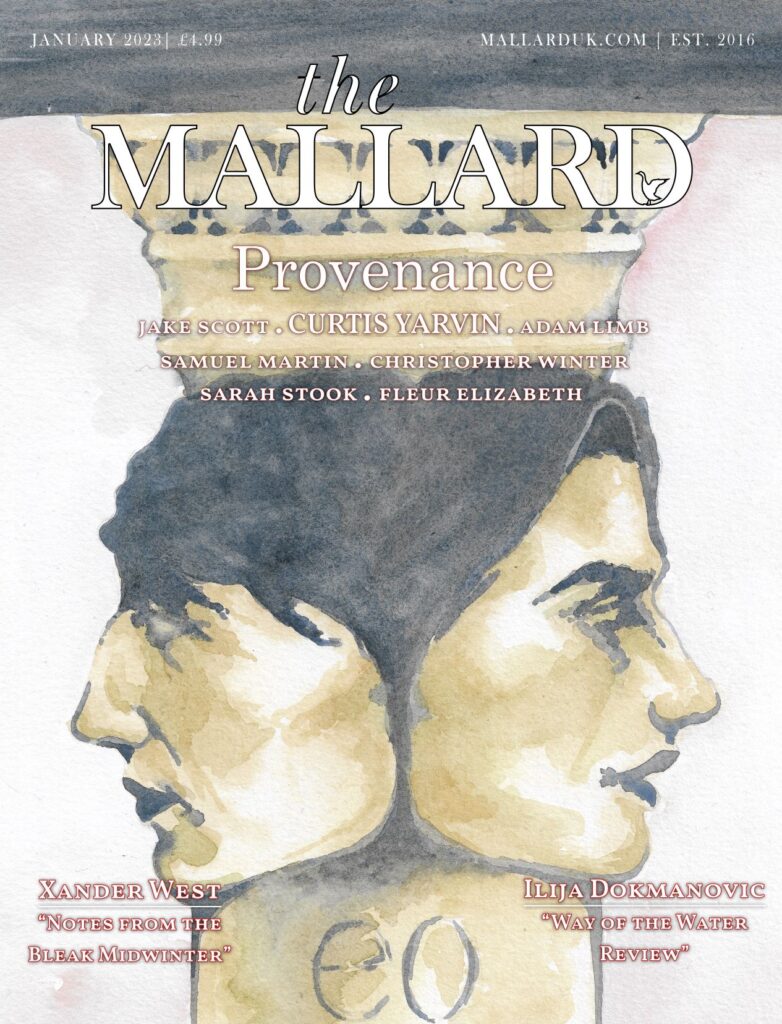Over the past few decades, it has become the norm that when a person is in trouble they rely on the state and not their family. When a man is in financial trouble he is infantilised by the state as he turns to universal credit. When a man has personal troubles, he feels more confident in turning to a stranger qualified as a ‘therapist’ than to find comfort in the arms of his loved ones. When a man needs education, he turns to the state-approved curriculum in a run-down, crowded comprehensive school rather than carrying on his father’s trade or learning for himself. The state has effectively become the parent.
Now, this is not to say that there aren’t situations in which individuals may need support outside their family; there are times when getting help from the community is important. The average person is stuck between two ideas: that families shouldn’t be dependent on the state and that we shouldn’t let children suffer because of their family situation. However, the default in modern society is to turn to the state first and the family second. Regardless of how altruistic the intent is, the state has incentivised such behaviours by creating a system where children are more dependent on the government than their parents. This, in turn, incentivises single-parent households and mothers to enter the workforce; needing to spend less time at home thanks to state-provided childcare. Whether that be providing free childcare or encouraging women to pursue careers through promoting university, the government has encouraged mothers to leave their children to go to work. This was especially seen under Blair’s government which provided free part-time nursery places for all three and four-year-olds or targeting 50% of the population to go to university.
As stated by Peter Hitchens:
“The whole idea of public policy towards childhood now is that children should spend as much time as they possibly can away from their mothers. I am taxed so that children can be put in nurseries so their mothers can go out and work in call centres.”
Of course, this is not to say that women should not go to work. However, through these policies, the government has incentivised women to put work in front of their family. This has led to major negative effects for children such as a significant rise in mental health problems over the past few decades.
The family, and by extension the community, should offer a support system. When a person is in need, relying on family is much more reliable and rewarding than government benefits. Family tends to be much more reliable than the impersonal government that changes every few years. And when there are times where the family fails, private charity is there as a safety net for the most vulnerable of society.
In addition, the government deprives families of the responsibility to give to charity as society trusts the government to show their altruism by providing welfare for those in need. By removing individual responsibility through government enforced philanthropy, community connections are withered.
However, our current system means that the support many children receive is from faceless civil service workers rather than seeing the generosity of their neighbours. During the last decades of life, our elderly receive their support from state pensions instead of their family. Their earnings in their working life have been taxed, with the government using their money on projects that don’t benefit them or their loved ones. Due to this, they’ve not been able to build up wealth to pass on to their children. In addition, the state creates a division between generations, as the young are forced to pay for an increase in social care through the national insurance increases which creates disdain between the young and old. The state deprives the family of its role – it incentivises disconnect between generations and a reliance on the state rather than those closest to you.
A strong family creates happiness, security and prosperity. It helps each generation learn from the last and grow. It allows children to grow up as individuals with diverse perspectives and ideas, not just the taught lessons from state education. It allows children to have an identity within the family while retaining their individuality. This isn’t something that can be replaced by faceless bureaucrats. The family should come first, not the state.




